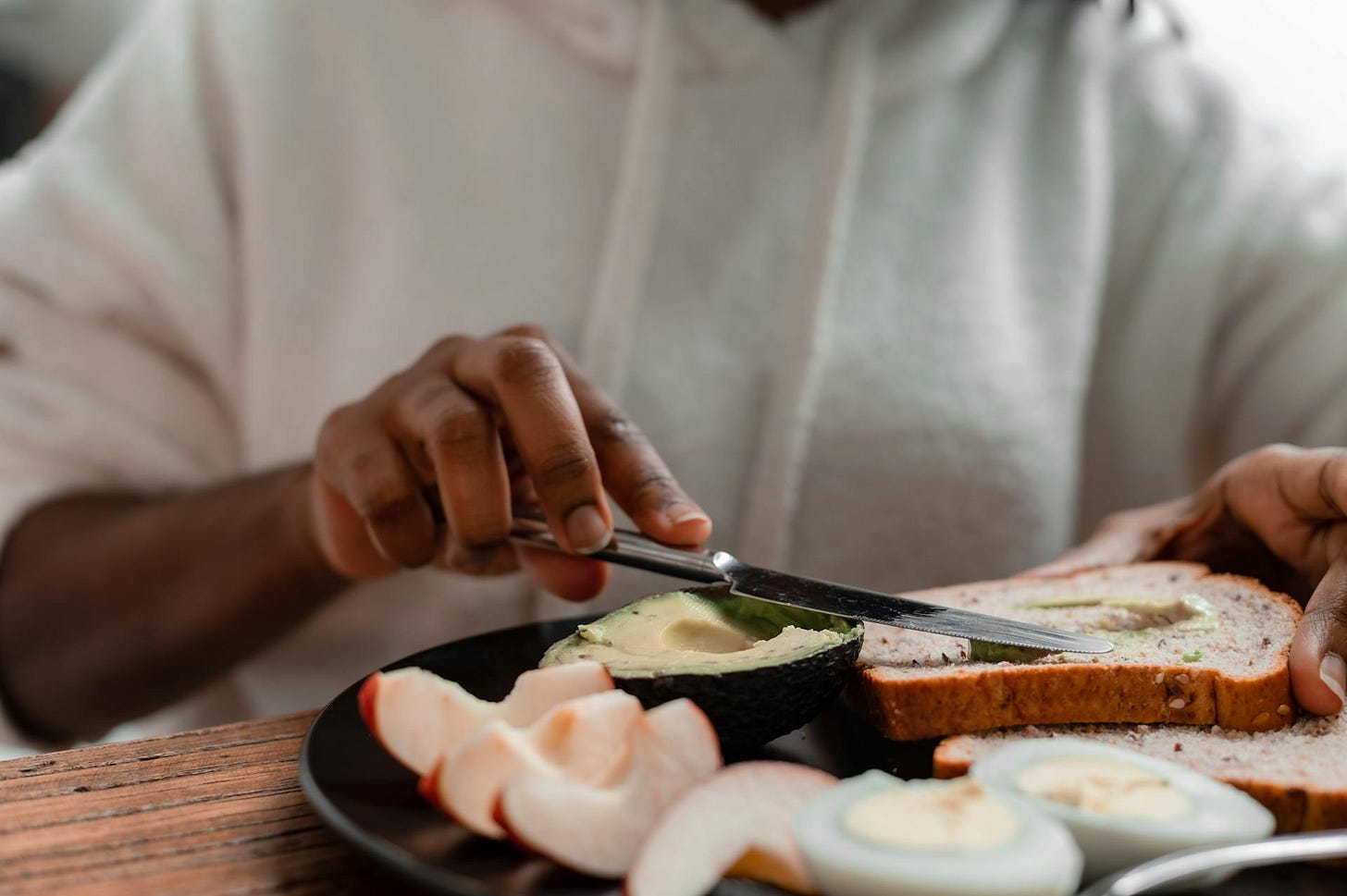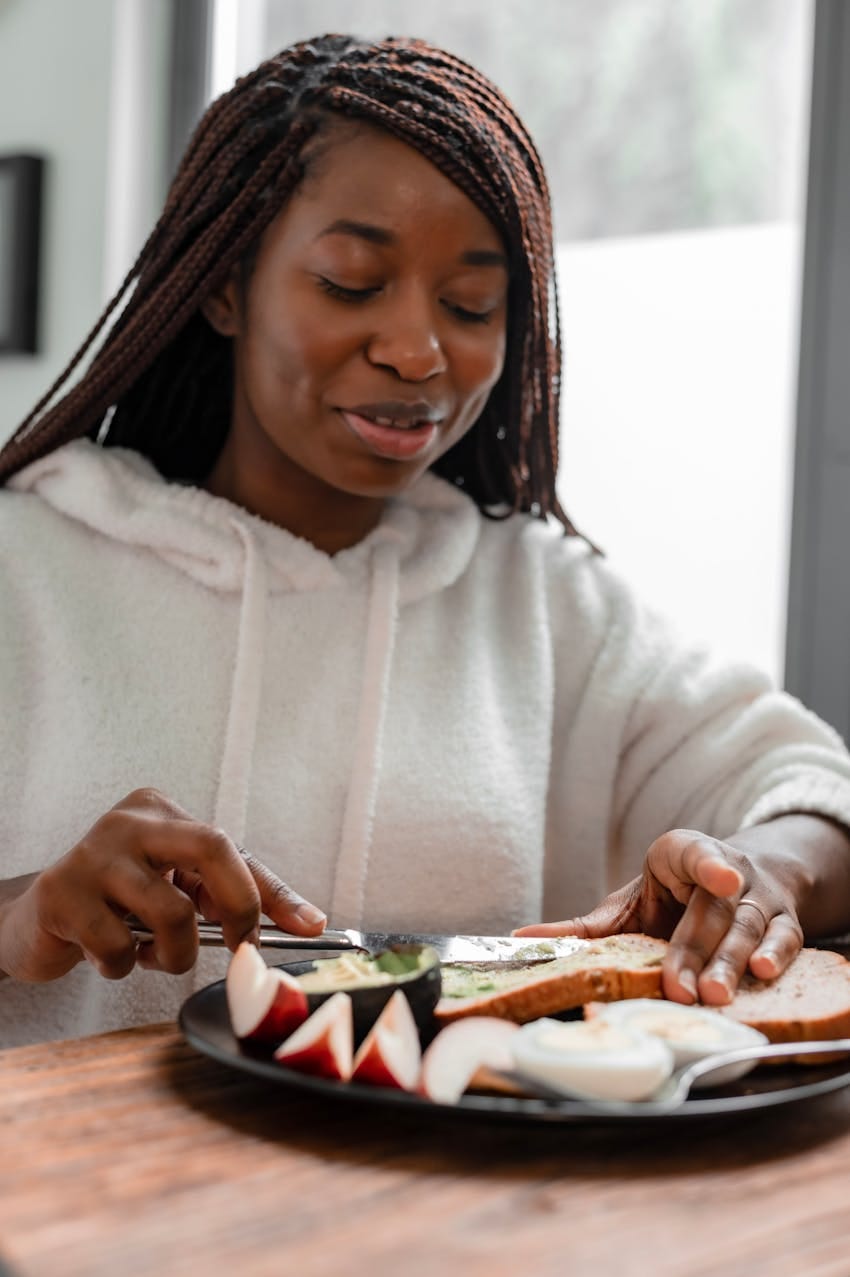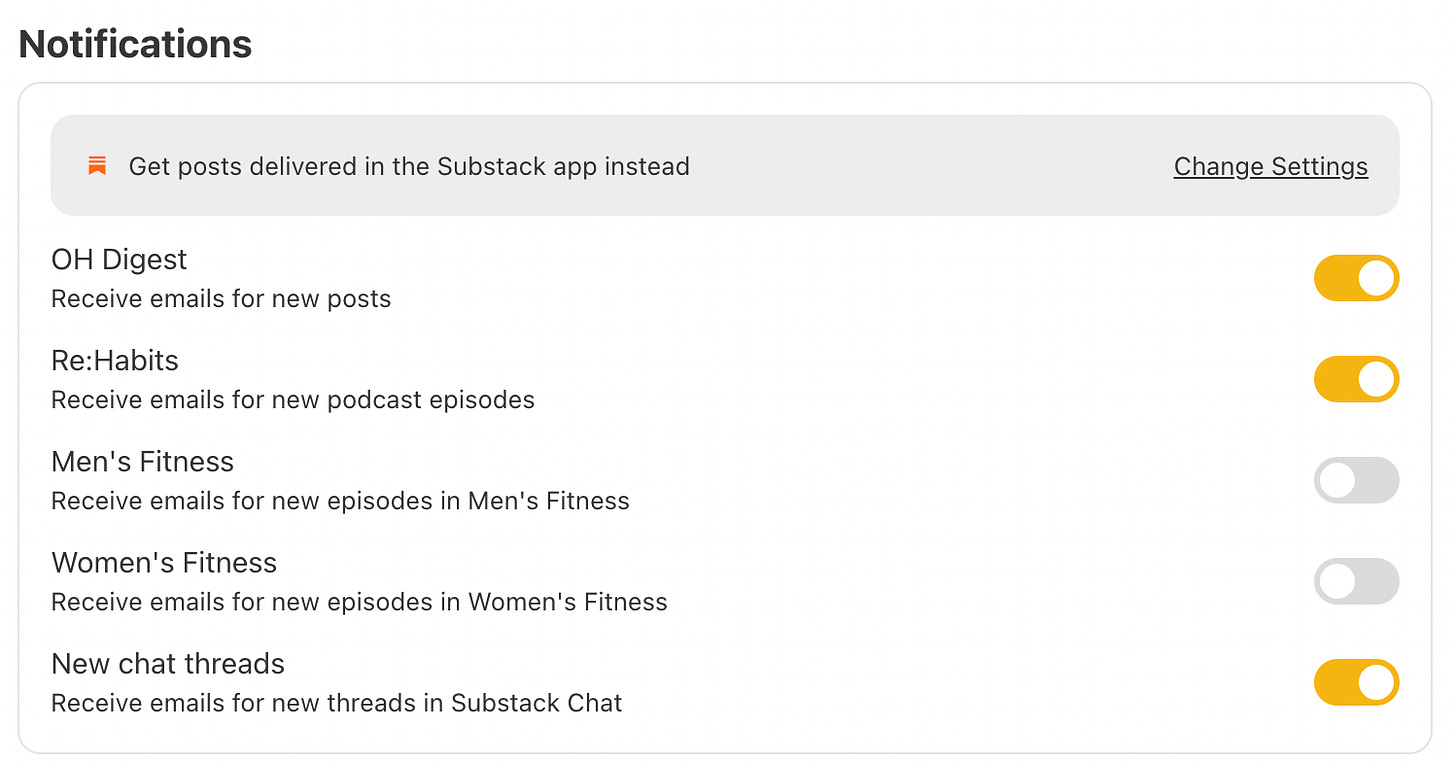Let’s Get Real
I used to think I was just bad at dieting. Every January, I’d pick a new “plan”: cut carbs or fast until noon, and still end up bloated, tired, and snapping at everyone around me. The scale barely moved, my period went out of control, and I felt like my body was rebelling against me.
Sound familiar?
The truth is, it’s not you. We have to take a second look at the diets. Most weight-loss plans are built on studies of men’s bodies: steady hormones, predictable energy. But as African women, our bodies move differently. From navigating fibroids and PCOS to balancing cultural foods like banku or fufu with modern “diet rules”, the hormonal terrain we live with makes “eat less, move more” a cruel oversimplification.
This is the paradox: the harder we diet, the more our hormones push back. And that pushback (not your willpower) is why so many women feel stuck.
Why Diets Often Fail Us
We’ve been sold the same formula for decades: eat less, move more, and the weight will come off. But if you’ve ever cut your calories to the bone or gone “low-carb” only to feel drained, moody, and stuck, you already know the math isn’t adding up.
Here’s what’s happening:
For context, remember as women, we live in a constant hormonal rhythm: oestrogen, progesterone, insulin, and cortisol rise and fall every month, shaping how we burn energy, crave food, and even respond to workouts.
When a woman slashes carbs or fasts aggressively, her body doesn’t just shed fat. It often perceives danger. Periods become irregular, sleep suffers, cravings spike, and the stress hormone, cortisol, climbs. Over time, this hormonal chaos makes it easier to store fat, especially around the belly, and harder to lose it.
Layer on our local context where our staple foods are heavy in carbs, many women end up in a tug-of-war where obedience to the “diet rules” means facing constant hunger, and indulging inevitably leads to failure to achieve their weight goals.
So when the scale doesn’t budge, it’s not a sign that you’re lazy or lacking willpower. It’s a sign that your body is asking for a different approach: one that works with your hormones, not against them.
Sustainable Paths That Actually Work
Here’s what you need to know: your hormones aren’t out to sabotage you. They just need you to stop fighting them and start working with them. When you do, weight loss stops feeling like punishment and starts feeling like partnership.
Try these:
Eat for balance, not deprivation.
Skipping meals or living on salad leaves might make you feel “in control” for a moment, but it only backfires. A plate with protein, healthy fats, and slow-digesting carbs will keep your blood sugar steady, calm your cravings, and give your body the signal that it’s safe to let go of stored fat.Train smart, not just hard.
We’ve been taught to go harder, sweat more, push through. But constant high-intensity workouts can actually stress your system and throw hormones off. Lifting weights a few times a week builds strength and shapes your body, while walking, yoga, or pilates give your hormones space to breathe.Treat rest like a strategy, not a luxury.
I know it feels like “rest” is lazy, but the truth is, sleep and recovery are where your body resets. Quality rest lowers stress hormones, balances your cycle, and helps your body actually respond to all that effort you’re putting in.Sync with your cycle.
Your body changes week to week. Some days you’ll feel like you can take on the world, other days, even climbing the stairs feels like a marathon. That’s not weakness. It’s just biology. When you track your cycle, you can match your food and workouts to your energy, instead of beating yourself up for not being “consistent”.
Once you stop treating your body like a stubborn enemy and start listening to its rhythms, everything falls in place. You’ll notice the bloat easing, the cravings calming, the energy lifting. And most importantly, you’ll realise weight loss was never just about willpower. It was about working with the woman your body already knows how to be.
Reclaiming Your Body, On Your Terms
At the end of the day, this isn’t just about shrinking a number on the scale or squeezing into a smaller dress size. It’s about freedom. Freedom from the endless guilt of “falling off” diets. Freedom from the fear that your body is broken. Freedom from chasing standards that were never designed for you in the first place.
Let’s Huddle
Have you ever sat in front of a mirror, exhausted from yet another diet that promised you the world, but left you feeling smaller only in spirit? Have you carried the silent shame of thinking it’s your fault? Tell me: what’s been your biggest frustration on this journey? And have the scales, literal or metaphorical, finally started to fall? The conversation is happening in our space on X.
Never Miss An Update
Our mission is to give you the tools, insights, and encouragement you need to feel strong, confident, and at home in your body. No quick fixes, just sustainable wins. If you’re not already subscribed to the Women’s Fitness newsletter from OH Digest, turn on notifications so you never miss an update.
💡 Sidebar Explainer
What You Need to Know About PCOS
Polycystic Ovary Syndrome (PCOS) is a hormonal condition that affects up to 1 in 10 women worldwide — and is increasingly recognised in African women.
Key signs:
Irregular or missing periods
Unexplained weight struggles
Acne, oily skin, or excess hair growth
Fertility challenges
What’s really happening:
Your body produces higher levels of androgens (“male” hormones) than normal, which disrupts ovulation and often leads to insulin resistance — making fat loss harder and increasing the risk of diabetes.
Why it matters for fitness:
Crash diets and over-exercising can make symptoms worse. But sustainable habits — strength training, balanced meals with protein and fibre, managing stress, and sleeping well — can help regulate cycles, improve insulin sensitivity, and support healthy weight management.
👉 Remember: PCOS is not your fault, and you’re not alone. With the right approach, women with PCOS can still build strength, lose fat, and feel in control of their bodies.




